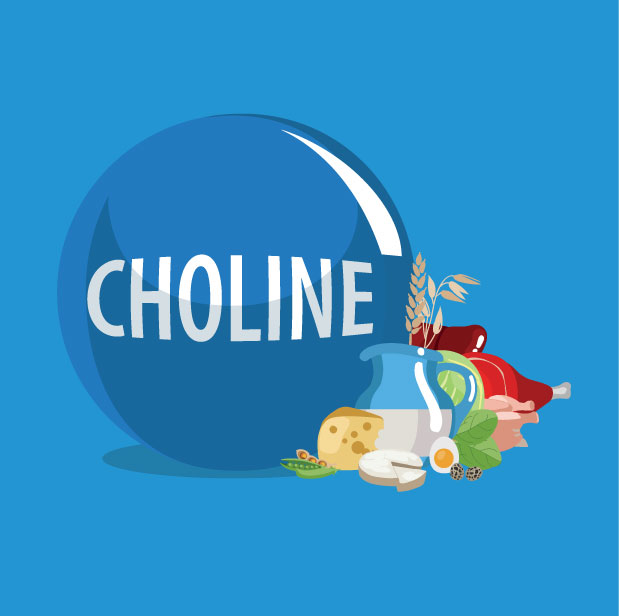April 2015
April 22 • April 2015’s edition of SoundBites features: The Folic Acid Dilemma, Appetite for Life Lecture, Liver Cancer Report Reveals New Links, Training Your Doctor in Nutrition, and 2015 ISNN Congress.
April 22 • April 2015’s edition of SoundBites features: The Folic Acid Dilemma, Appetite for Life Lecture, Liver Cancer Report Reveals New Links, Training Your Doctor in Nutrition, and 2015 ISNN Congress.
March 17, 2015 • Eleven faculty research scientists at the UNC Nutrition Research Institute (NRI) in Kannapolis currently have externally funded grants to support their work exploring individualized nutrition. These awards are significant not only for providing the means by which the NRI can advance its scientific discoveries but also for their economic impact in the Charlotte region.
March 8, 2015 • The following has been reprinted from The Salisbury Post, an article by Josh Bergeron.
The N.C. Research Campus still lags behind initial employment projections, but, as the nation and state recover from an economic recession, growth is beginning to pick up.
Following billionaire businessman David Murdock’s $15 million annual endowment last year, the research campus aims to expand and the David H. Murdock Research Institution is looking to refocus on its initial intent — becoming a world class research institution. The catchphrase being used to define the future of the facility is “putting the RI back in DHMRI.”
Saturday, February 14, 2015 • The following has been reprinted from Charlotte Observer, an article by Lisa Thornton. If Dr. Natalia Surzenko told you that choline produces increased hippocampal neurogenesis in Mus musculus, you probably wouldn’t understand. But if she said a nutrient called choline, naturally found in foods such as egg yolks, salmon and cocoa powder has been shown to regenerate brain cells responsible for increased memory in mice, that would be different. At the UNC Nutrition Research Institute in Kannapolis, where Surzenko, a neurobiologist, has her lab, a new series called “Appetite for Life” is intended to create clearer dialogue between researchers and laypeople about discoveries changing the way experts view nutrition.

Makes Babies Smarter, Keeps Memory Keen and Prevents Disease, Yet Most Americans Are Missing Out
Choline was discovered in 1862, but scientists did not fully understand its importance—or what foods contained it—for another 136 years. They thought we could make our own choline, much like we make Vitamin D from sunlight and cholesterol, but only women who still produce estrogen can make enough choline—and only if they have the right genes. Forty-five percent of child-bearing women have a genetic variation called a SNP (pronounced “snip”) that prevents them from turning estrogen into choline.
Activation of p21-Dependent G1/G2 Arrest in the Absence of DNA Damage as an Antiapoptotic Response to Metabolic Stress.
Hoeferlin LA, Oleinik NV, Krupenko NI, Krupenko SA.
Genes Cancer. 2011 Sep;2(9):889-99. doi: 10.1177/1947601911432495.
PMID: 22593801
Favorable modulation of benign breast tissue and serum risk biomarkers is associated with > 10 % weight loss in postmenopausal women.
Fabian CJ, Kimler BF, Donnelly JE, Sullivan DK, Klemp JR, Petroff BK, Phillips TA, Metheny T, Aversman S, Yeh HW, Zalles CM, Mills GB, Hursting SD.
Breast Cancer Res Treat. 2013 Nov;142(1):119-32. doi: 10.1007/s10549-013-2730-8. Epub 2013 Oct 19.
PMID: 24141897